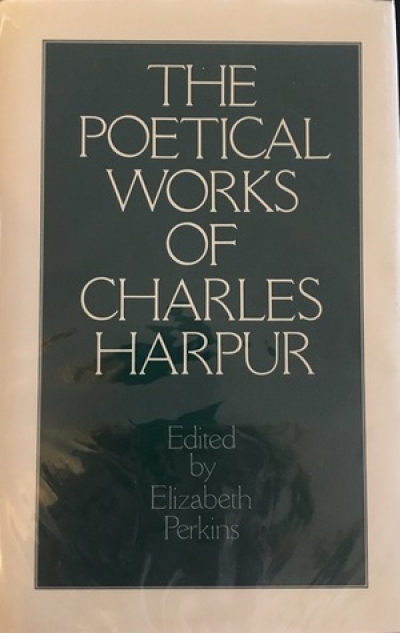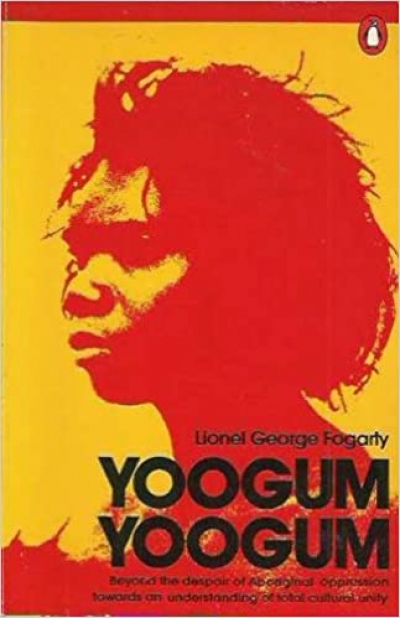Poetry
Judith Rodriguez reviews 'Earth and Solitude' by Barbara Giles, 'Abruptly from the Flatlands' by Joyce Lee, and 'Re: The National Neurosis: Ockers' by Π.O.
Pariah Press is a brave new enterprise. A group of Melbourne poets have decided on the often-mentioned but rarely attempted co-operative method of publication. Barbara Giles and Joyce Lee are the first with books under Pariah’s deceptively humble imprint.
Giles is well known as the chief Editor, till recently, of Luna magazine, but the author of racy and successful nonsense verse and stories for children; Giles and Lee both have a small previous collection – Eve Rejects Apple (1978) and Poems from the Wimmera (in Sisters Poets I, 1979). Their new collections – Giles's Earth and Solitude (Pariah Press, 56 p., $5.95) and Lee's Abruptly from the Flatlands (Pariah Press, 57 p., $5.95) – give them room for variety and each strikes out in a fresh direction.
... (read more)













